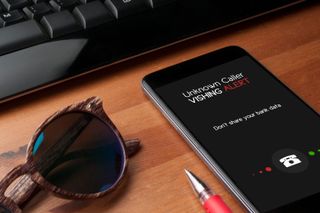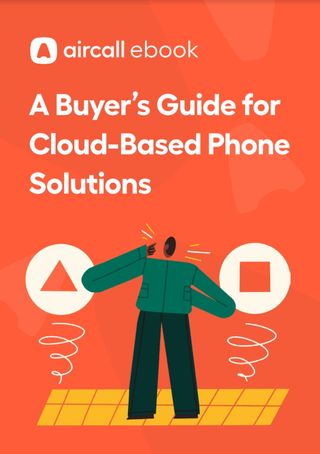FBI warns of ongoing corporate vishing attacks
Hackers are attempting to steal corporate credentials from US-based employees using voice phishing

The FBI has issued a warning of continuing vishing attacks attempting to steal employees’ corporate network credentials.
Vishing (also known as voice phishing) is where hackers make VoIP calls to victims to trick them into logging onto a phishing webpage so they can capture the employee’s username and password.
According to an FBI Private Industry Notification (PIN), threat actors are using VoIP access to exploit employees working from home. Many of these employees use VoIP networks to take company phone calls, making them easy targets for cyber criminals.
"During COVID-19 shelter-in-place and social distancing orders, many companies had to quickly adapt to changing environments and technology," the PIN read. "With these restrictions, network access and privilege escalation may not be fully monitored."
According to the PIN, as organizations implement more tools to automate services on their networks, the ability to keep track of who has access to different points on the network and what type of access they have, will become more difficult to regulate.

A buyer’s guide for cloud-based phone solutions
Finding the right phone system for your modern business
The FBI said as of last month, cyber criminals collaborated to target US-based and international employees’ at large companies using social engineering techniques. These attacks led to hackers gaining extensive access to corporate networks.
“After gaining access to the network, many cybercriminals found they had greater network access, including the ability to escalate privileges of the compromised employees’ accounts, thus allowing them to gain further access into the network often causing significant financial damage,” read the PIN.
Get the ITPro. daily newsletter
Receive our latest news, industry updates, featured resources and more. Sign up today to receive our FREE report on AI cyber crime & security - newly updated for 2024.
In one instance, cyber criminals found an employee via the company’s chatroom and convinced them to log into a fake VPN page. The actors used these credentials to log into the company’s VPN and perform reconnaissance to locate someone with higher privileges.
“The cybercriminals were looking for employees who could perform username and e-mail changes and found an employee through a cloud-based payroll service. The cybercriminals used a chatroom messaging service to contact and phish this employee’s login credentials,” the FBI said in the PIN.
The FBI urged organizations to protect themselves from such attacks by implementing multi-factor authentication (MFA) to minimize the chance of a compromise. The FBI also recommended granting network access on a least privilege scale — giving the user only the access they need to complete their job — when hiring new employees.
Rene Millman is a freelance writer and broadcaster who covers cybersecurity, AI, IoT, and the cloud. He also works as a contributing analyst at GigaOm and has previously worked as an analyst for Gartner covering the infrastructure market. He has made numerous television appearances to give his views and expertise on technology trends and companies that affect and shape our lives. You can follow Rene Millman on Twitter.





